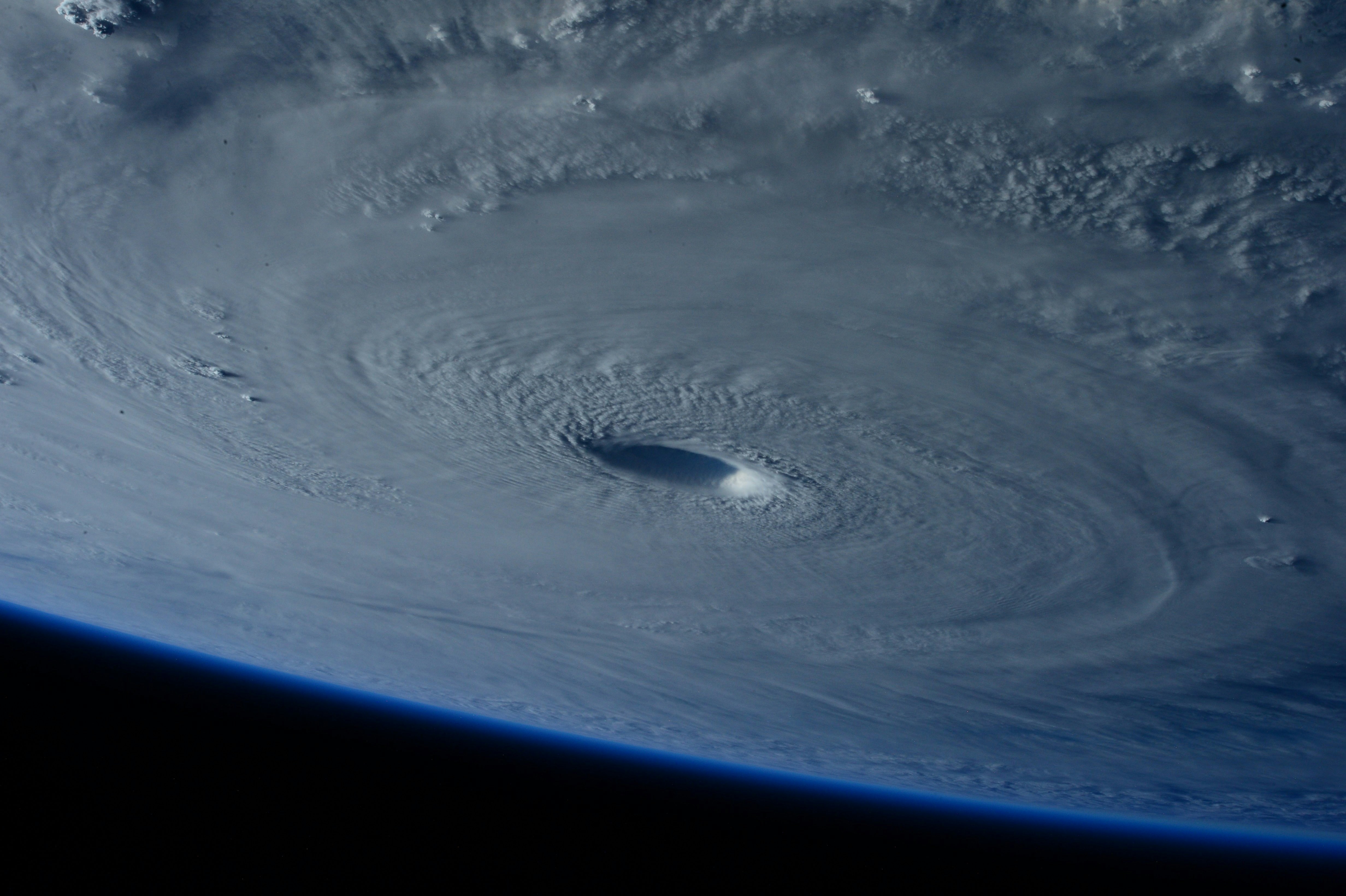The Importance of Mental Health Support During Hurricane Season
When hurricane season arrives, communities brace for the physical impact of these powerful storms. Yet, the mental health ramifications are often overlooked. As Florida frequently experiences the brunt of these natural disasters, understanding the psychological impact and providing mental health support during hurricane season is critical for community resilience and individual well-being.
The Emotional Toll of Hurricanes
The anxiety associated with impending hurricanes can be overwhelming. Uncertainty about the severity of storms, potential damage to property, and the safety of loved ones creates a significant mental strain. The effects are not limited to the duration of the storm; they linger long after the skies have cleared. People may experience a range of emotions, from anxiety and depression to post-traumatic stress disorder (PTSD).
For many, these feelings can be exacerbated by the loss of a home, job, or loved one. Access to mental health services becomes vital for coping with these changes and building resilience. Providing community-based support can mitigate the negative mental health impacts and foster a sense of connection and security.
Strategies for Providing Mental Health Support
1. Community Awareness and Education
One of the first steps in addressing mental health needs during hurricane season is raising awareness about the potential psychological impacts. Educational programs can help individuals recognize symptoms of stress and anxiety and understand when to seek professional help.
Mental health workshops and seminars can be integrated into community events and disaster preparedness programs. These initiatives can provide valuable coping strategies and encourage open discussions about mental health, reducing stigma and promoting help-seeking behavior.
2. Accessible Counseling Services
Incorporating accessible mental health services into disaster response plans is crucial. Providing counseling through hotlines, online platforms, and in-person sessions ensures that individuals can access the support they need. Partnerships with local mental health organizations and clinics can expand service availability and reach a wider audience.
Additionally, training volunteers in psychological first aid can help them offer immediate emotional support and guide affected individuals toward professional resources.
3. Building Resilient Communities
Fostering community connections is essential for resilience during hurricane season. Strong social networks provide emotional support, share resources, and promote collective healing. Community centers and local organizations can host support groups, recreational activities, and social events to strengthen these bonds.
Resilience training programs can empower individuals with skills to handle stress and adapt to change. These programs can focus on building a positive outlook, problem-solving skills, and emotional regulation.
Government and Nonprofit Initiatives
Local and state governments play a significant role in ensuring mental health services are included in disaster response efforts. Agencies can develop comprehensive mental health plans that address the needs of vulnerable populations, such as the elderly and those with pre-existing mental health conditions. Learn more about governmental initiatives on the FEMA website.
Nonprofit organizations like HelpNow also contribute by offering educational resources and training programs. Through community partnerships, these organizations can extend their reach and enhance their impact.
Addressing Long-Term Mental Health Needs
Recovery from the psychological effects of a hurricane is often a long-term process. It is essential to provide continued support beyond the immediate aftermath of a disaster. This support can include ongoing counseling, community rebuilding projects, and continued education about mental health.
Individuals and families may also need assistance in rebuilding their lives, which can involve accessing employment opportunities, housing assistance, and educational resources. Nonprofits and government agencies can collaborate to offer these services and ensure that mental health remains a priority throughout the recovery process.
Conclusion
The psychological impact of hurricane season is profound and far-reaching. Prioritizing mental health support during this time is essential for fostering resilient communities and aiding recovery efforts. By implementing comprehensive mental health strategies, raising awareness, and fostering community connections, we can better prepare individuals and communities to face the emotional challenges of hurricane season.
For those interested in contributing to these efforts, consider joining initiatives like HelpNow’s volunteer program. Whether through donations, volunteering, or spreading awareness, every action counts in making a meaningful impact on mental health support during hurricane season.

